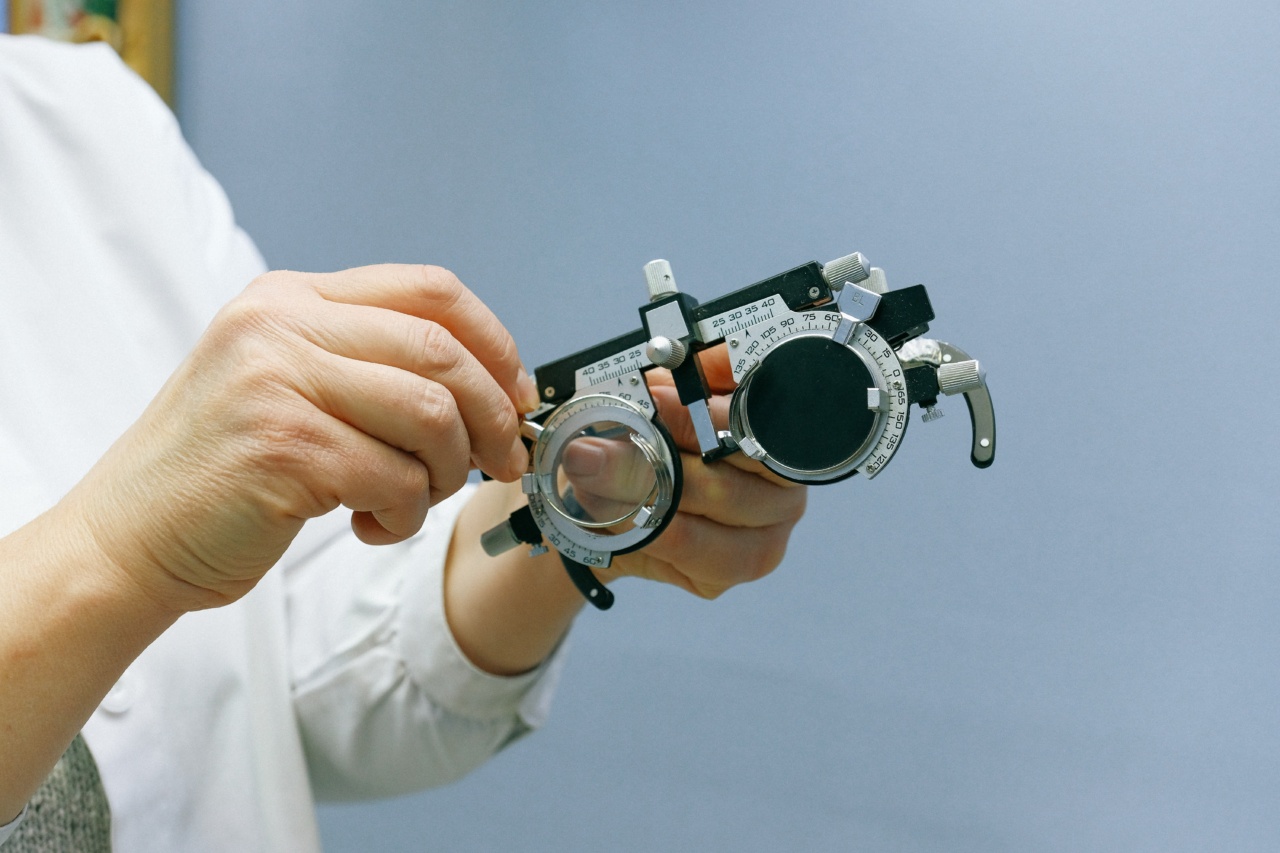Sleep deprivation is a common problem that affects millions of people worldwide. When we don’t get enough sleep, it can have a negative impact on our physical and mental health.
The Importance of Sleep
Sleep is essential for our overall well-being. It allows our bodies to rest and repair, and is vital for maintaining good physical and mental health.
During sleep, our brains process information and consolidate memories, while our bodies undergo important processes such as muscle repair and hormone regulation. Additionally, a lack of sleep can impair cognitive functions, affect mood, and increase the risk of accidents.
Signs of Sleep Deprivation
One of the first steps in determining if you’re sleep-deprived is to recognize the signs. Some common signs of sleep deprivation include:.
- Feeling excessively tired during the day
- Difficulty concentrating
- Experiencing mood swings
- Memory problems
- Increased appetite
- Weakened immune system
- Reduced ability to manage stress
The Minute Test
Take this simple minute test to determine if you might be sleep-deprived. Answer the following questions honestly to get an idea of your sleep quality:.
- On average, how many hours of sleep do you get per night?
- Do you often have trouble falling asleep?
- Do you frequently wake up during the night?
- Do you wake up feeling refreshed and energized?
- Do you rely on caffeine or energy drinks to stay awake during the day?
- Do you often feel irritable or moody?
- Have you noticed a decrease in your ability to concentrate?
- Do you frequently forget things or have difficulty with memory?
- Have you gained weight recently?
- Do you have difficulty managing stress?
Interpreting Your Results
Now, let’s interpret your results. Assign one point for each “yes” answer and zero points for each “no” answer. Add up your points to find out how sleep-deprived you might be:.
- 0-2 points: You are likely getting sufficient sleep and are not sleep-deprived. Keep up the good habits!
- 3-5 points: You may be experiencing mild sleep deprivation. Consider assessing your sleep habits and making changes to improve your sleep quality.
- 6-8 points: You are moderately sleep-deprived. It’s important to prioritize sleep and make lifestyle changes to ensure you’re getting the rest you need.
- 9-10 points: You are severely sleep-deprived. It’s crucial to address your sleep deprivation as soon as possible to prevent further negative effects on your health.
Improving Your Sleep
If you find that you are sleep-deprived, there are various steps you can take to improve your sleep quality:.
- Establish a consistent sleep schedule by going to bed and waking up at the same time every day.
- Create a relaxing bedtime routine, such as reading a book or taking a warm bath.
- Avoid electronic devices, such as smartphones or tablets, at least an hour before bed.
- Create a sleep-friendly environment by keeping your bedroom cool, dark, and quiet.
- Avoid caffeine and stimulating activities close to bedtime.
- Exercise regularly, but avoid intense workouts close to bedtime.
- Manage stress through relaxation techniques, such as meditation or deep breathing exercises.
Conclusion
Sleep deprivation can have serious consequences on our well-being, affecting both our physical and mental health. By recognizing the signs of sleep deprivation and taking steps to improve our sleep quality, we can safeguard our overall well-being.
Remember, a good night’s sleep is essential for a happy and healthy life!.






























